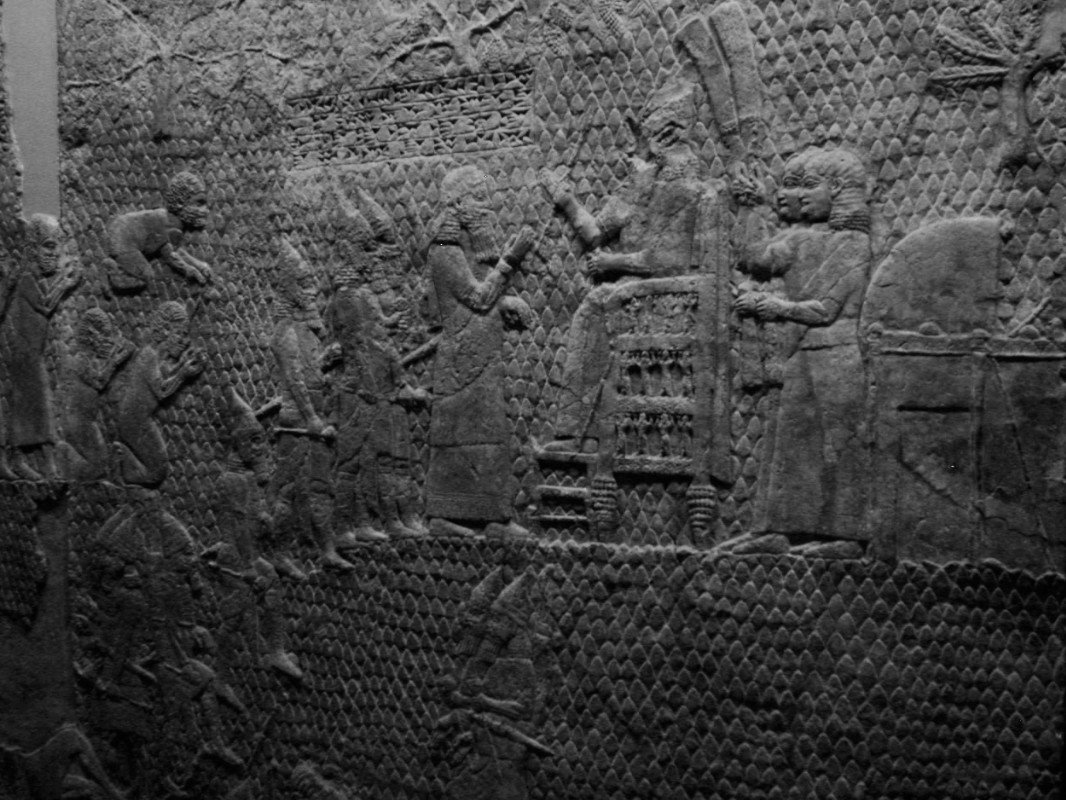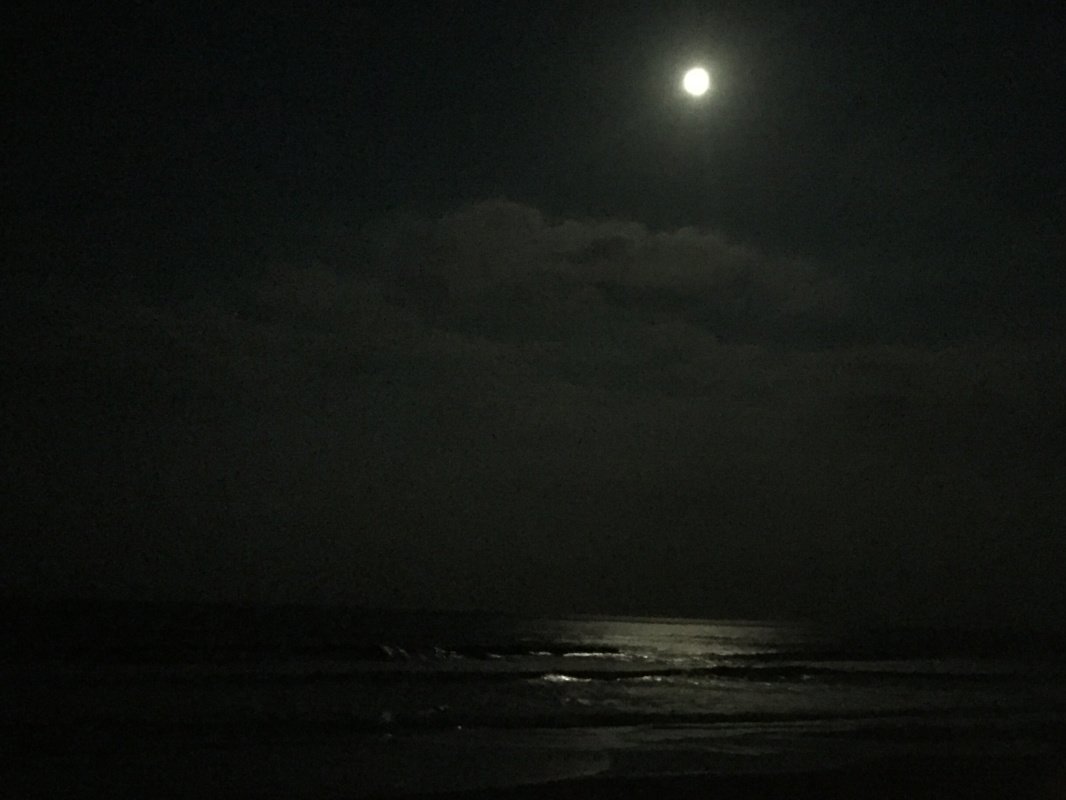For those who have never read it, the book of Jonah in the Old Testament is a gem. It’s short — just four chapters — with a whirlwind narrative that incorporates vivid imagery, and satirical humor. But the story’s constant, is Jonah’s hatred for the Ninevites.
To be fair, the Ninevites were easy to hate. They were Assyrians, a people known for their sadistic cruelty towards enemies. And Israel was an enemy. So if there are people you hate, ramp it up, and it may be close to Jonah’s.

Now God calls Jonah to go preach to the Ninevites “for their evil has come up before me.” (Jonah 1:2) Spoiler alert! Jonah knows the Ninevites, but he also knows the God of Israel. Specifically, he knows Yahweh as a God of unfathomable compassion. Jonah’s reasoning is: “If I go preach, maybe they’ll repent, and if they repent, maybe God will relent from judgment.” Those “ifs” were enough to drive Jonah away from Ninevah as fast as he could go.
It is humorous. The passage reads: “he… found a ship going to Tarshish… away from the presence of the Lord.” (Jonah 1:3) Jonah will later tell the sailors on the boat that he fears “…the God of heaven, who made the sea…” (Jonah 1:9) The sailors get the irony, even if Jonah doesn’t: “You’re trying to escape, via the sea, the God who made the sea?!?” Of course, strong emotions are not often rational.

God sends a storm to stop Jonah. And Jonah would rather die than preach to the Ninevites. Wow! Talk about hate! So when Jonah finally convinces the sailors to throw him overboard, and God mercifully sends a great fish to swallow him, it still takes Jonah some time before he cries uncle:
“When my life was fainting away,
I remembered the Lord…” (Jonah 2:7)

Now, vomited on dry land, Jonah makes a very reluctant, long journey to Ninevah. When he gets there, he ‘barely’ does what he was commanded. “Jonah began to go into the city…” (Jonah 3:4). He shares only five short words: “Yet 40 days Ninevah overthrown.” No alternatives. Just doom.
And then Jonah’s worst fears come to pass: Ninevah does repent, and God does have mercy. Jonah is livid! “Is not this what I said when I was yet in my own country?” (Jonah 4:2) Sailors have changed. Ninevah has changed. Jonah has not changed. How strong is hatred!
If you were God, what would you do? What have you done — with a child, a friend, a spouse — who is entrenched in bitterness? If bringing Jonah to the point of death at the bottom of the sea didn’t produce a change of heart, what will?

“Now the LORD God appointed a plant and made it come up over Jonah, that it might be a shade over his head, to save him from his discomfort.” (Jonah 4:6) Jonah is waiting outside Ninevah, just hoping their repentance won’t last, or that God won’t maintain mercy.
So this plant… God told it to grow “up over Jonah”, but Jonah had already built a booth for shade (Jonah 4:5). So this must be some extra-special shade. And it says, “Jonah was exceedingly glad because of the plant.” (Jonah 4:6) Why? What about it? It’s the only time Jonah is pleased about anything.

Imagine sitting in a booth outside the city, with the sun rising. A plant emerges from the ground and begins to grow quickly over and around you. Maybe it was soft, fragrant, lovely to watch. I imagine shoots entwining the booth, creating an increasingly dense canopy of living beauty. It was clearly miraculous, and clearly for Jonah. He was being comforted, assuaged, loved, to the point of being “exceedingly glad”.
The phrase “save him from his discomfort” is literally “save him from his evil.” God had saved the sailors and the Ninevites. He is trying to save Jonah. And right now, he is using overt kindness. It appears the kindness is making inroads, like the soft tendrils of a vine, into the stony, hateful heart of Jonah. All that long day, this plant is soothing Jonah’s anger.

And then God kills the plant, and Jonah is livid once again. But now there is a line of communication between this God who Jonah has not wanted to engage, and Jonah. “You pity the plant, for which you did not labor, nor did you make it grow… And should I not pity Ninevah…” (Jonah 4:10-11)
The hope in the story is that Jonah finally does see. After all, he shared the story, since he alone could have known the details contained. But the writer does not end telling us that. He ends with the question God asked — which then becomes the question I have to answer: Who do I hate? And in light of the mercy I want to receive, how will I treat them?
Lord, I believe I will need a plant.
